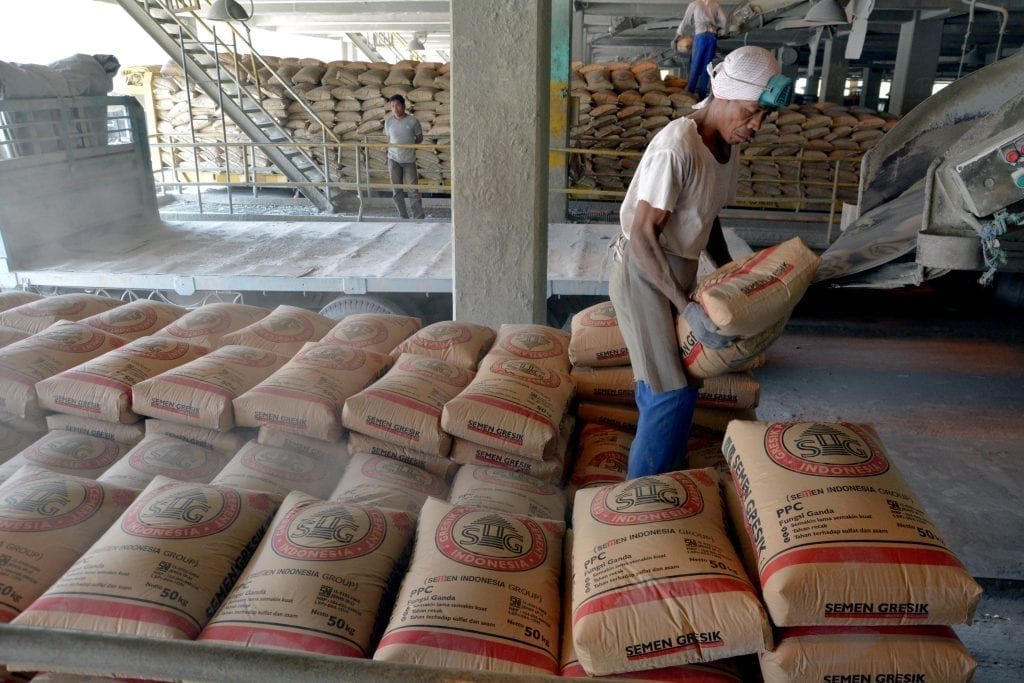
The government must prepare Indonesia’s workforce to be competitive to anticipate future challenges associated with coming technological advancements, especially in business, a former deputy foreign minister said on Sunday (18/02).
The 4th Industrial Revolution (4IR) will inevitably bring changes in the economy and social structure due to exponentially expanding technological advancements, said Dino Patti Djalal, the former deputy foreign minister and also the founder of the Foreign Policy Community of Indonesia (FICP).
According to Dino, jobs will face the greatest disruption from technology and is one of the major challenges expected to come about as a result of the advent of the 4IR. Automation, advanced robotics and artificial intelligence are expected to replace millions of existing jobs.
Recently, around 10,000 toll road personnel in Jakarta were laid off after the government began to employ cashless transactions on major roads in the capital city.
“Based on data from [global consultant] McKinsey, by 2050, hundreds of millions of people around the world will lose their jobs; that will occur mostly in China, which is expected to lose over 200 million jobs,” Dino said in a speech at the 21st Supermentor event hosted by FICP in Jakarta.
According to state-owned China Central Television news network, Yangshan deepwater port in Shanghai, the world’s busiest container port, in December last year conducted trials on 100 pieces of intelligent equipment, including 50 driverless automatic guided vehicles, to handle cargo.
Qingdao New Qianwan Container Terminal in China became Asia’s first automated port terminal in May last year. The port reduced the amount of workers required to unload a cargo ship from 60 to nine.
Highly skilled workers will benefit from the technological changes but low skilled workers will have to compete with automated processes, Dino said.
While Indonesia seems to have a long way to go before a fully automated workplace becomes commonplace, the government should start preparing to create a balance between the workforce and profitability to avoid job loss. New approaches to education are expected to rein more innovative solutions to 21st-century workplaces.
“Nothing will change much regarding community empowerment if there is no change in education to adapt to the technology, which is currently thriving at full speed,” Dino said.
Erik Meijer, president director of telecommunications company TelkomTelstra, said the technology utilization in jobs will increase safety as it reduces the risk of human error.
According to Erik, jobs available over the next 10 years will be divided into “personal areas,” such as nurse practitioners, physical therapists and personal financial advisers, and “science,” which will include jobs like cybersecurity experts, developers and network engineers. Meanwhile, assembly line workers, service jobs and administrative jobs will ultimately be replaced.
“We must be aware of the skill shifts needed in the digital era to get opportunities from technology and not be sidelined,” Erik said.
Speakers at the event included other influential figures, including Dato Sri Tahir, founder of Mayapada Group and Tahir Foundation, and Tony Fernandes, chief executive of budget airline group AirAsia.

